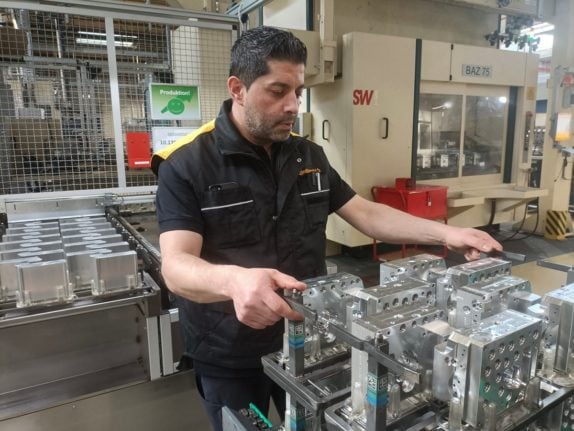The daily newspaper Süddeutsche Zeitung reported on Saturday that OTE had gone to the Munich court in the first legal action taken by a foreign company against Siemens over a slush fund the German firm has admitted operating.
OTE wants the court to order Siemens to reveal details of an internal inquiry into its activities in Greece, with a view to eventually suing for damages.
Greek prosecutors are investigating the 1997 contract, which Siemens is suspected of securing by paying 75 million dollars to OTE executives. Greek politicians are also alleged to have benefitted from the German company’s largesse.
The Siemens scandal erupted in late 2006 and has shaken the group to its core. The sprawling conglomerate has acknowledged that €1.3 billion ($2 billion) were funneled into various funds used to obtain foreign contracts, and that the practice was widespread across its numerous divisions.


 Please whitelist us to continue reading.
Please whitelist us to continue reading.